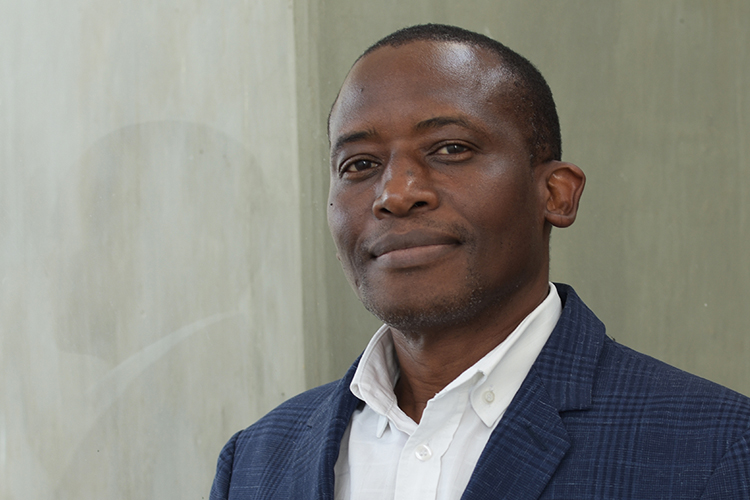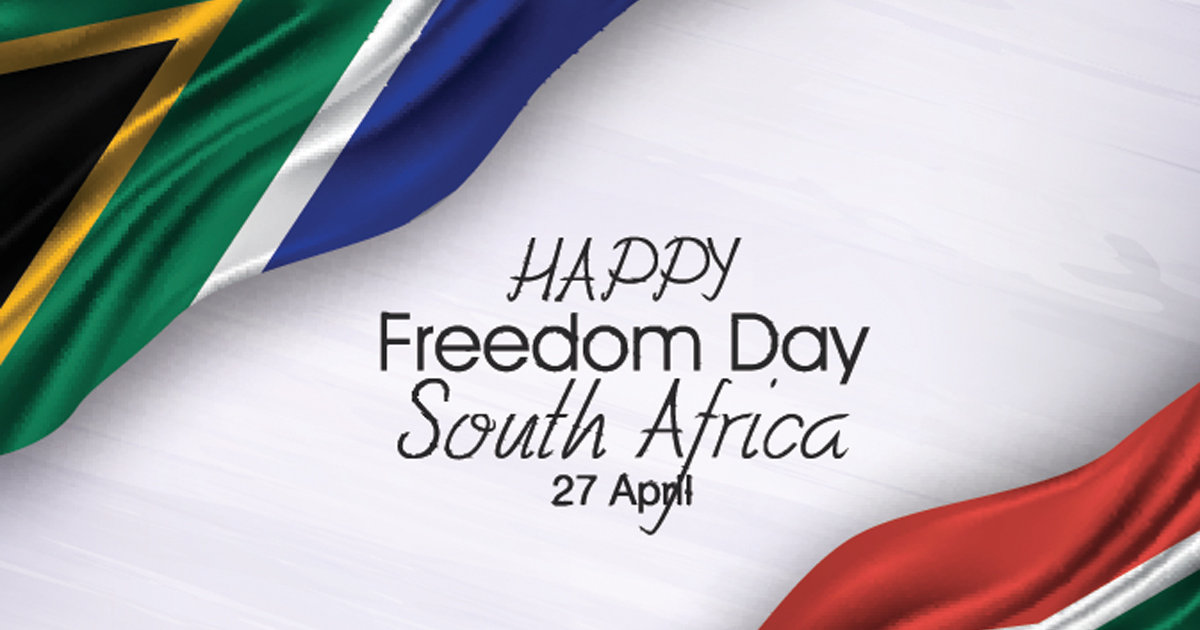On 27 April 1994, South Africa held its first non-racial, multi-party democratic elections. The apartheid regime was characterised by racial segregation, systemic inequality, political exclusion, unequal socio-economic development and discrimination. In April every year South Africa commemorates the long and hard-won struggle for freedom, equality, dignity, democracy, and universal suffrage of all its people. South Africa’s progressive 1996 Constitution was designed to transform society from apartheid’s authoritarian culture and segregation to a more equal and free society based on respect for human rights, rule of law and democracy. While South Africa has made significant progress towards building a more just and equal society, one cannot ignore the persistent challenges that many South Africans continue to face.
Some of the noteworthy improvements include the protection of civil and political rights such as freedom of expression, and an increase in access to social services such as housing, health and education. However, 29 years later the legacy of apartheid’s unequal and segregated society continues to haunt South Africa. Despite some improvements in accessing social services, South Africa is currently grappling with an inadequate and crippling supply of electricity. The reliance on coal to produce electricity has slowed down the country’s transition to green energy resulting in a failure to meaningfully contribute to the reduction of greenhouse gas emissions and combat global warming. In 2023, climate induced floods in KwaZulu-Natal killed over 600 people, displaced many and destroyed property and infrastructure.
In 2022 the World Bank stated that South Africa is the most unequal society in the world with nearly 80% of the country’s wealth held by 10% of the population. According to the World Bank ‘race remains a key driver of high inequality in South Africa’. South Africa’s major cities reflect the effects of spatial apartheid, where exclusionary and racial urban planning led to the historical under-development of the urban poor, the majority of whom are black people located in townships and informal settlements providing cheaper labour. Despite some progress, spatial injustice and inequality has hampered people’s access to quality education, decent housing, equitable land re-distribution, employment opportunities and reasonable standard of living. Reclaim the City, a social movement in Cape Town, has been fighting for affordable housing in the inner city and the desegregation of the city along racial and socio-economic lines. The privatisation of land has driven people of colour to the outskirts of the city centres and deeper into poverty.
Discrimination and violence against migrants has continued unabated despite some progress in creating a non-racial and non-sexist society. Slow economic growth, exacerbated by mismanagement, global financial crisis, a huge debt burden, the Covid-19 pandemic and corruption have contributed to the high unemployment rate of 37% in 2023 and poor service delivery. The Centre calls on the South African government to put measures in place to undo the injustices of the past by improving and upgrading the living conditions of those who live in the townships and informal settlements and providing easier access to economic hubs. There must be zero tolerance to corruption and embracing of good governance and integrity in all sectors of the economy to improve services.
The Centre is concerned with the ongoing violence and discrimination faced by women and girls in South Africa which remains prevalent despite the enactment of progressive laws and policies to combat gender-based violence and femicide. In 2020, South African president Cyril Ramaphosa described gender-based violence as South Africa’s second pandemic. In 2022 about 10 000 rapes occurred in the first quarter while over 2 000 women were murdered. At a Covid-19 Symposium in 2021, Nobuhle Dlamini of the University of Witwatersrand stated that South Africa has the highest statistics of gender-based violence in the world. South Africa must do more to protect the rights of women and girls, including providing better support services for survivors, changing attitudes, eliminating harmful cultural practices like bride abductions and strengthening law enforcement and justice mechanisms.
Persons with disabilities still face many challenges. Many persons with disabilities continue to experience barriers to accessing education, employment, and other basic services. They also face high levels of discrimination and violence. Despite South Africa’s ratification of the UN Convention on the Rights of Persons with Disabilities (CRPD), policies and programmes continue to be fragmented: employment of disabled person remains low, access to transport and participation in political and public life is restricted. It is crucial that the authorities in South Africa work to address these challenges, by enacting more comprehensive legal and policy frameworks to protect the rights of people with disabilities by promoting greater awareness and sensitivity among the broader public. We draw the attention of the government to the Protocol to the African Charter on Human and Peoples’ Rights on the Rights of Persons with Disabilities in Africa, an African complement to the CRPD. There seems to us to be no impediment to South Africa accepting this treaty as binding. We therefore encourage South Africa to ratify this African Union treaty.
Finally, the Centre is concerned about the ongoing discrimination and marginalization faced by LGBTQI+ persons in South Africa. Despite the progress made in enacting legal protections for LGBTQI+ rights, many members of this community continue to face significant barriers to realizing their human rights. This includes discrimination in accessing employment and housing, as well as high levels of violence and harassment. It is essential that South Africa continues to work towards building a more inclusive society, where the rights of all individuals are protected and upheld. The Prevention and Combating of Hate Crimes and Hate Speech Bill, passed recently passed by the National Assembly, holds potential to address some of these concerns. We encourage the government to speed up the process towards the final adoption and entry into force of this law.
As we reflect on the progress that has been made since the first non-racial and inclusive democratic elections in 1994, we must also recognize that much work still needs to be done to ensure that the human rights of all South Africans and foreign nationals are protected and upheld. We must continue to be critical of the challenges that we face, and to work together to find solutions that are grounded in the values of freedom, dignity, and equality. On 27 April, let us recommit ourselves to the vital work of building a more just and equitable society, where the human rights of all individuals are protected and the rule of law is upheld. Let us work together to create a South Africa where all citizens can live with dignity, security, and hope for the future.
(Statement by Centre for Human Rights, Faculty of Law, University of Pretoria on 27 April 2023; the contributions of students on the Centre’s Masters programme in Multidisciplinary Human Rights are acknowledged.)
For more information, please contact:

Centre for Human Rights
Tel: +27 (0) 12 420 3228
Fax: +27 (0) 86 580 5743
frans.viljoen@up.ac.za

Centre for Human Rights
Tel: +27 (0) 12 420 3810
Fax: +27 (0) 86 580 5743
lloyd.kuveya@up.ac.za


